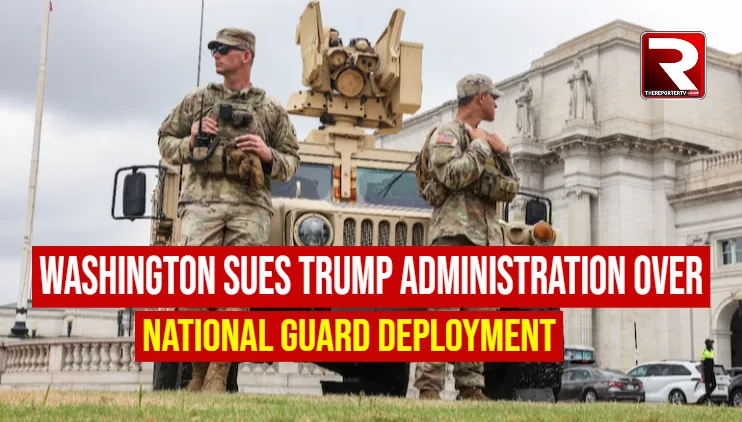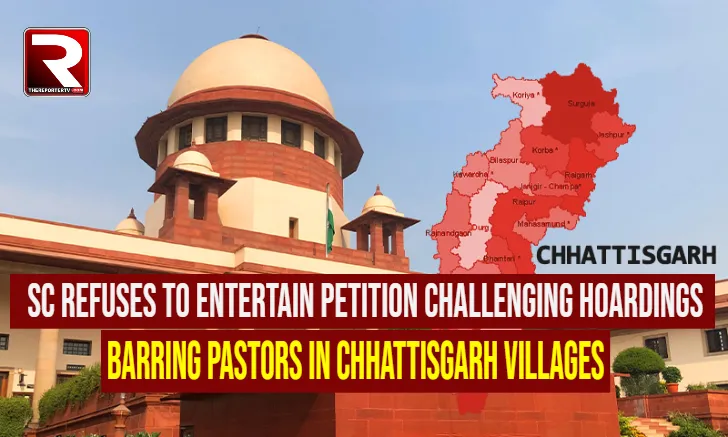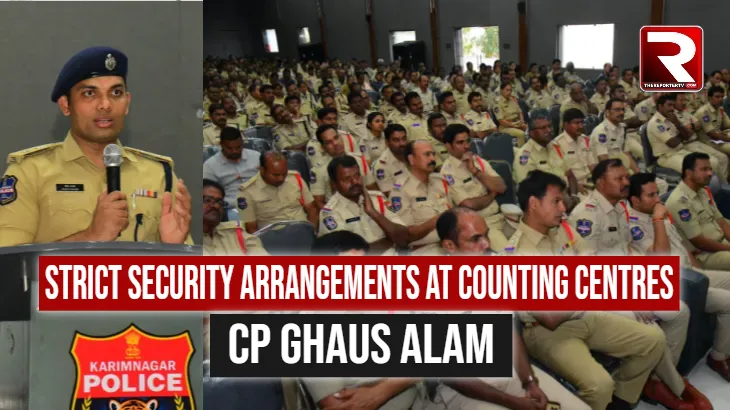Washington — The District of Columbia has filed a lawsuit against the Trump administration, challenging what it calls the “unlawful deployment” of National Guard troops in the nation’s capital. The move, announced Thursday by D.C. Attorney General Brian Schwalb, comes less than a month after former President Donald Trump signed an executive order authorizing the deployment.
“We are suing to block the unlawful deployment of National Guard troops to D.C.,” Schwalb posted on the social media platform X. “The forced military occupation of the District of Columbia violates our local autonomy and basic freedoms. It must end.”
Legal Challenge to Executive Authority
According to Schwalb’s office, the lawsuit contends that the Trump administration’s deployment violates the Home Rule Act, which grants D.C. limited self-governance. Though the District is not a state, the Act allows it to manage its own local affairs — a principle Schwalb says has been undermined by the federal action.
The lawsuit follows President Trump’s August 11 executive order, which authorized the deployment of 800 National Guard troops to D.C. in response to rising crime concerns and civil unrest. Since then, six Republican-led states have bolstered the federal effort by sending additional Guard personnel, raising the total number of troops in the city to over 2,000.
Broader Legal and Political Ramifications
The D.C. lawsuit comes on the heels of a separate legal victory in California. Earlier this week, a federal judge in San Francisco ruled that the Trump administration violated the Posse Comitatus Act—a 19th-century law restricting the use of military forces for domestic law enforcement—when it deployed National Guard troops to Los Angeles during the summer protests of 2020.
Legal experts say the D.C. case could set another important precedent, especially amid ongoing debates over presidential powers and the militarization of law enforcement.
Impact on Local Economy and Safety
In his filing, Schwalb, a Democrat, argues that the military presence has not only failed to improve public safety but has also hurt the local economy, particularly in sectors like tourism, hospitality, and dining.
“The image of a militarized city drives away visitors, chills local business, and creates fear, not peace,” Schwalb said in a statement.
However, the Trump administration has defended the deployment, citing improved crime statistics. According to the Metropolitan Police Department, homicide rates in 2024 have dropped significantly—by 68% compared to the 1990s, when crime in the city peaked. FBI data also confirms that homicides have decreased to about 25 per 100,000 residents, down from 80 during the worst years. Still, those numbers remain nearly double the record lows seen in 2012.
Trump’s Broader Law-and-Order Strategy
Trump, who is widely expected to seek re-election in 2028, has hinted at plans to expand National Guard deployments to other U.S. cities. On Tuesday, he told reporters that the Guard would be “going in” to Chicago next, which he labeled a “hellhole” and “the murder capital of the world.”
Critics argue that these actions amount to political theater aimed at boosting Trump’s tough-on-crime image, while supporters say they are necessary interventions in cities that have struggled with violent crime.
What Comes Next?
Legal analysts anticipate a lengthy court battle over the D.C. deployment, with national implications for the balance of power between federal authority and local governance. If the courts side with the District, it could significantly curb the executive branch’s ability to use military force domestically without local consent.
For now, National Guard troops remain stationed in Washington, even as the city’s leaders fight to send them home.












